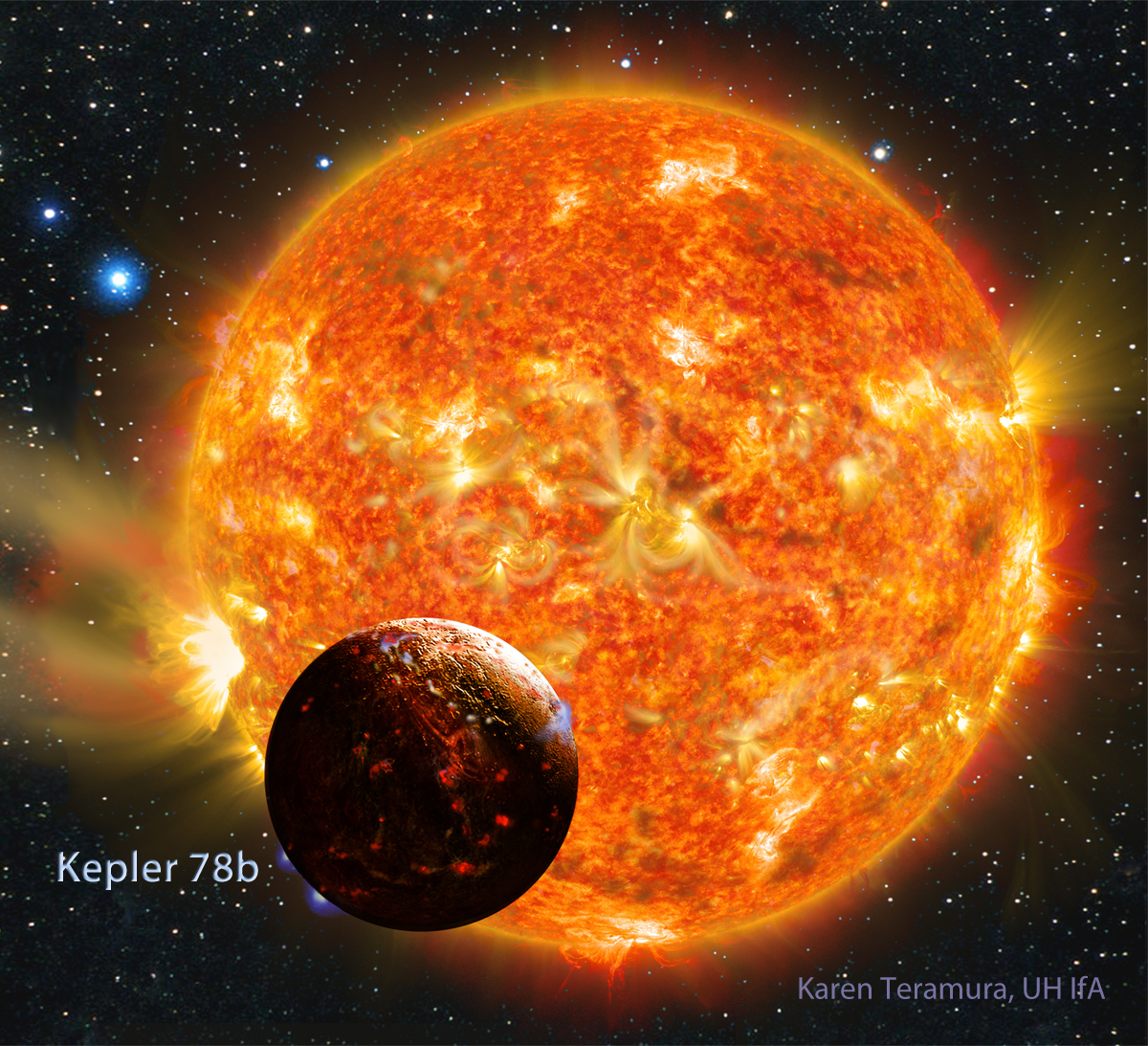Category: Cosmic Matters
-

Working Retreat Rewards All
What did a Waimea Middle School chicken say to the Black Hole? The black hole will never know – sound can’t travel in space. But last week, the two […]
-
Keck Observatory’s Adaptive Optics featured on NPR
Jun. 24, 2013 by Joe Palca — For Sharpest Views, Scope The Sky With Quick-Change Mirrors “It used to be that if astronomers wanted to get rid of the blurring effects […]
-

Behind the Lens: An Interview with Dr. Mike Liu
In anticipation of Keck Week’s Science Meeting, we spent some time with one of the presenters, Dr. Michael Liu to find out what it was like to be an astronomer. […]
-
Polynesian Paradox
Tropical trade winds kissing swaying palms, fruity mai tais adorned with orchids, and azure waves rhythmically lapping against powder white sand beaches…These are all images that come to mind when […]
-

Keck captures most detailed images of Uranus ever obtained from Earth
These two images of Uranus are composites of 117 images from 25 July 2012 (left) and 118 images from 26 July 2012 (right), all obtained with the near-infrared NIRC2 camera […]
-
Test Blog
Lorem ipsum dolor sit amet, consectetuer adipiscing elit, sed diam nonummy nibh euismod tincidunt ut laoreet dolore magna aliquam erat volutpat. Ut wisi enim ad minim veniam, quis nostrud exerci […]
-

Dim Gets Ridiculously Dimmer
Geese come in gaggles, bass in shoals and a crowd of crows is called a murder. Likewise, there are names for groups of stars. They come in constellations, globular clusters, […]
-

Galaxies Juggling, Galaxies Square, Galaxies, Galaxies Everywhere
Sometimes the universe seems like something from Dr. Seuss. In recent weeks astronomers have demonstrated this by announcing the discovery of juggling galaxies as well as a square, emerald-cut, gem […]
-

50 Years Building the Telescopes
In 1987 there were 2 billion fewer people on the planet, The Simpsons were brand new to television, a first class stamp cost 22 cents and the first ?naked-eye? supernova […]
-
How to Count to One
Generally speaking, if you want to study science, you should study the language of science, which is math. Why is it then, that when astronomers are faced with a kindergarten-level […]

